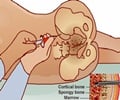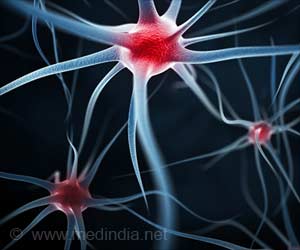Italian researchers say that multipotent fetal dermal cells (MFDCs) may be an ideal source for cell therapy for repairing damaged tissues and organs.

Their research provided a protocol for the isolation and expansion of large numbers of MFDCs that may see future clinical use, said the study authors.
"We generated, propagated and analyzed a proliferating population of cells derived from human fetal dermis taken at 20-22 weeks of gestation," wrote the researchers. "The non-enzymatic isolation technique allows for a spontaneous selection of cells with higher motility and yields a nearly homogeneous cell population."
The MFDCs, they reported, were "highly proliferative and were successfully expanded with no growth factor additions." They noted that, unlike mensenchymal stem cells, which progressively lose their differentiation capacity, the MFDCs "retained their osteogenenic and adipogenic differentiation potential" meaning that their potential impact for cell transplantation is likely to be greater.
"The MFDCs demonstrated their favorable characteristics for a potential large scale production aimed at clinical use," said Dr. Chinnici.
The researchers noted that the most interesting aspect of their study was the finding that multipotent cells can be successfully isolated from small fetal skin biopsies and maintained in culture for long periods with multipotency, stability and low immunogenicity retained, "thus generating large quantities of cells for clinical use."
Advertisement
Advertisement











